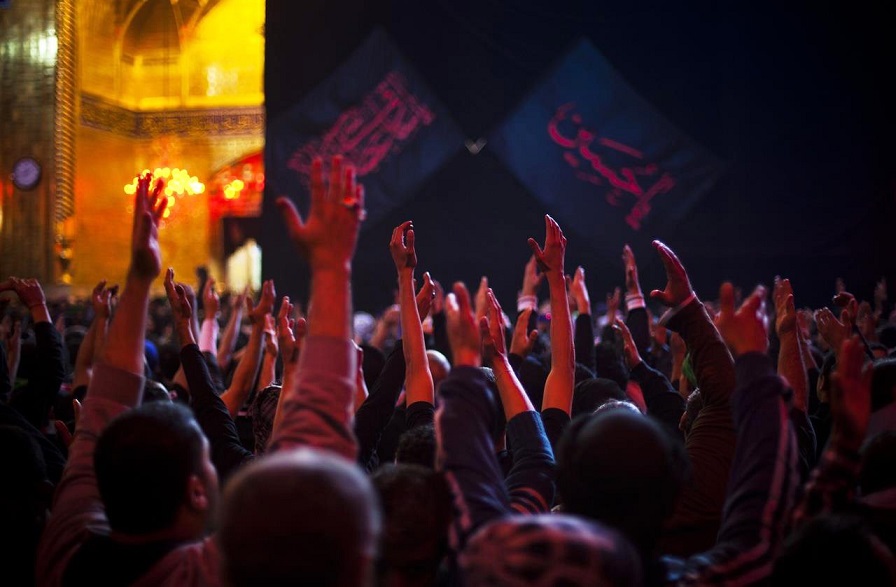The Views of Sunni Scholars and Mourning Practices
 Emotional sympathy and spiritual harmony with Ashura event and martyrdom of Imam Husayn (pbuh) and his companions do not belong only to Shiites.
Emotional sympathy and spiritual harmony with Ashura event and martyrdom of Imam Husayn (pbuh) and his companions do not belong only to Shiites.
This is even widespread among Sunnis. Sunnis have generally expressed grief over the martyrdom of Imam Husayn (pbuh) and his companions, and in fact they have expressed hatred and disgust at the disasters of Karbala. In the meantime, the forerunners of this event have been Sunnis thinkers and scholars.
The Views of Sunni Scholars and Mourning Practices
Ibn Taghrari Bardi (874 A.H.) emphasizes that the Shafii’s permit the cursing of the one who killed Husayn (pbuh), ordered that he be murdered or allowed to do so or was pleased with it.
Taftazaani (791 A.H.) also points out the innocence of Ahlulbayt (pbut) and says: “The Prophet (pbuh) was oppressed and can not be concealed by anyone …
This oppression was so much that, whatever was in the earth and the sky were crying, and the rocks are broken because of that, and the passing of time and months, does not make that bad act be forgotten. May God curse the one who has been an agent in this oppression, or is pleased with it.”
According to the first written documents of Ashura, the mourning of Sunnis and Shiites took place simultaneously and after the incident of Ashura.
Tabari, a Sunni religious historian, reminded the story of the forcing Imam Husayn’s family to pass by Yazid’s army in the place of their murder, stating that after describing the tragedy of Imam Husayn (pbuh) by his sister Zainab (pbuh) upon seeing his bloodshed and beheaded body, all the people there either friends or enemies burst into tears.
Commemorating Ashura and mourning for Imam Husayn after the incidents related to Ashura and the return of the Prophet Muhammad (pbuh) to Medina has been maintained in poetry and eulogies of poets, including well-known Sunni poets such as Khalid Ibn Ma’dan, Shafi’ei, Ghavami Razi, Iqbal Lahuri and the famous orator Attar Neishaburi and others.
Thus, the eulogy and mournful gatherings continued in Shaam and Medina, and even in non-Arab lands, such as Khorasan, where there were always a number of Sunnis, and poured tears for the Prophet’s family, especially his children.
This continues to this day, and the emotions and affections of the people for all the oppression continues to this day, and in the love of Imam Husayn (pbuh) and hatred of the enemies of His Holiness and the ruling system of Umayyad.
Every year, in many Sunni Muslim countries, Husayn’s mournful gatherings are being held, and Shiites and Sunnis sit in a brotherly fashion for the mourning of Imam and the leader of free humans, and the spirit of His Holiness’s freedom and oppression is bowed down.
